COMBATTING EXTREME POVERTY
The community-based project, in Kigali, aimed to alleviate the primary causes of poverty affecting 70 women, and their families, through holistic health and education interventions. The project included developing income-generating activities; providing literacy and numeracy classes; increasing access to employment; and providing the women with education on women’s and children’s rights, sexual and gender-based violence and family law. Additional and separate training was provided to their husbands and partners on women’s rights and sexual and domestic violence.
By the end of the project, 56 of the women were employed or self-employed and had increased their average monthly income by 2,100% (from $3 to $63 per month). All of the women felt that their lives had improved, as had their relationships, with a notable reduction in gender-based violence. They could afford to eat healthily and put their children through school. 100% of the women were now using birth control and 94% had signed up for government health insurance. Several women had had difficulties in securing start-up capital for their businesses. The project was extended for six months and remedial funds from exchange rate gains redistributed in grants to the 65 women who had presented business plans to start new businesses or to improve existing businesses. Within the six months, 98% of the women had increased their income by 90%.
Aspire Rwanda is a Rwandan NGO founded in 2009. It aims to support vulnerable women without employment. The project is supported by the British NGO Network for Africa, which, since 2007, has helped communities affected by war and genocide to rebuild themselves.
Type
Education / Health / Community DevelopmentDuration
January 2015 - June 2018Location
Kigali / RwandaWith whom
Aspire Rwanda
Website
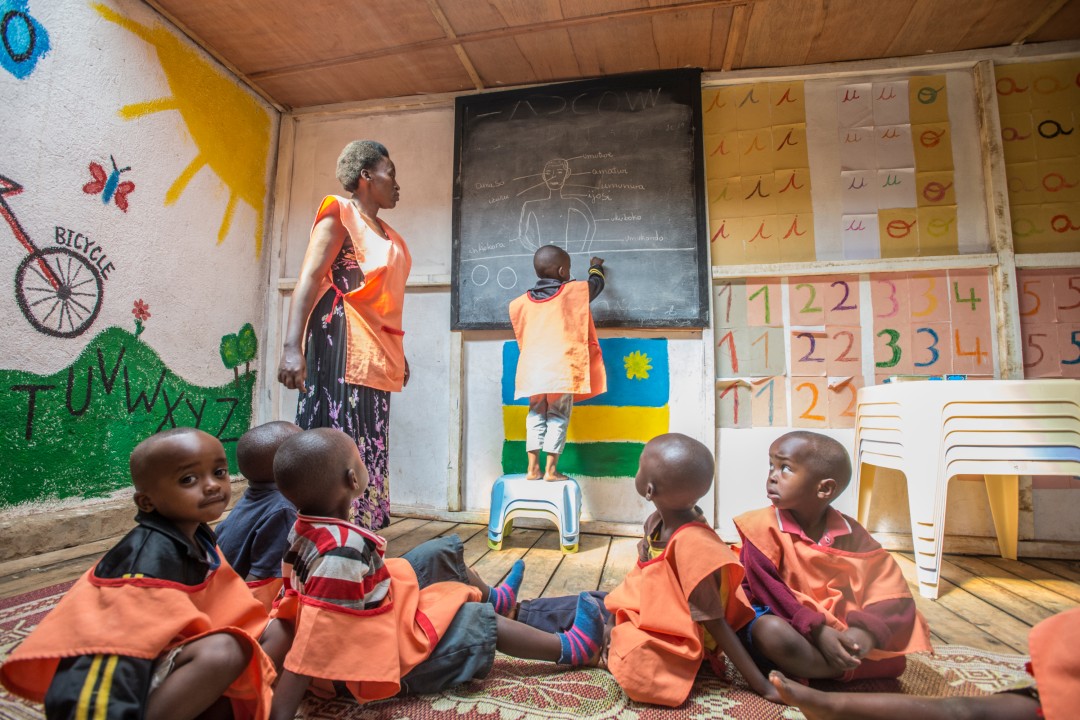
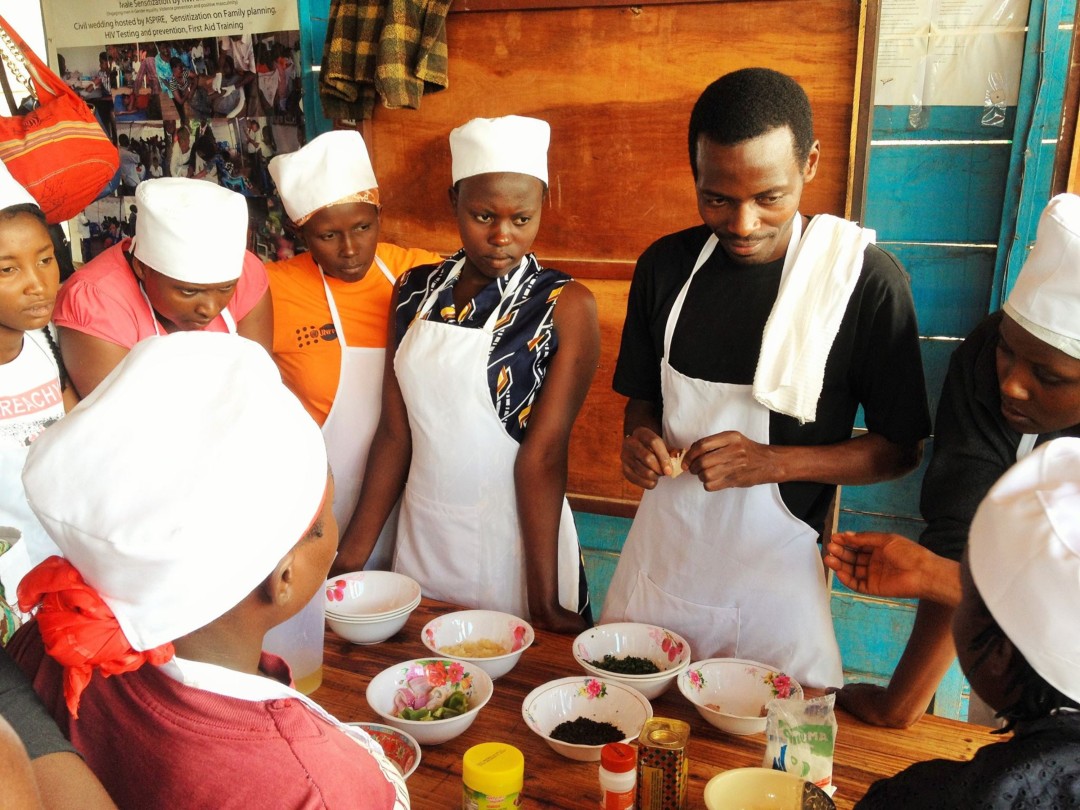
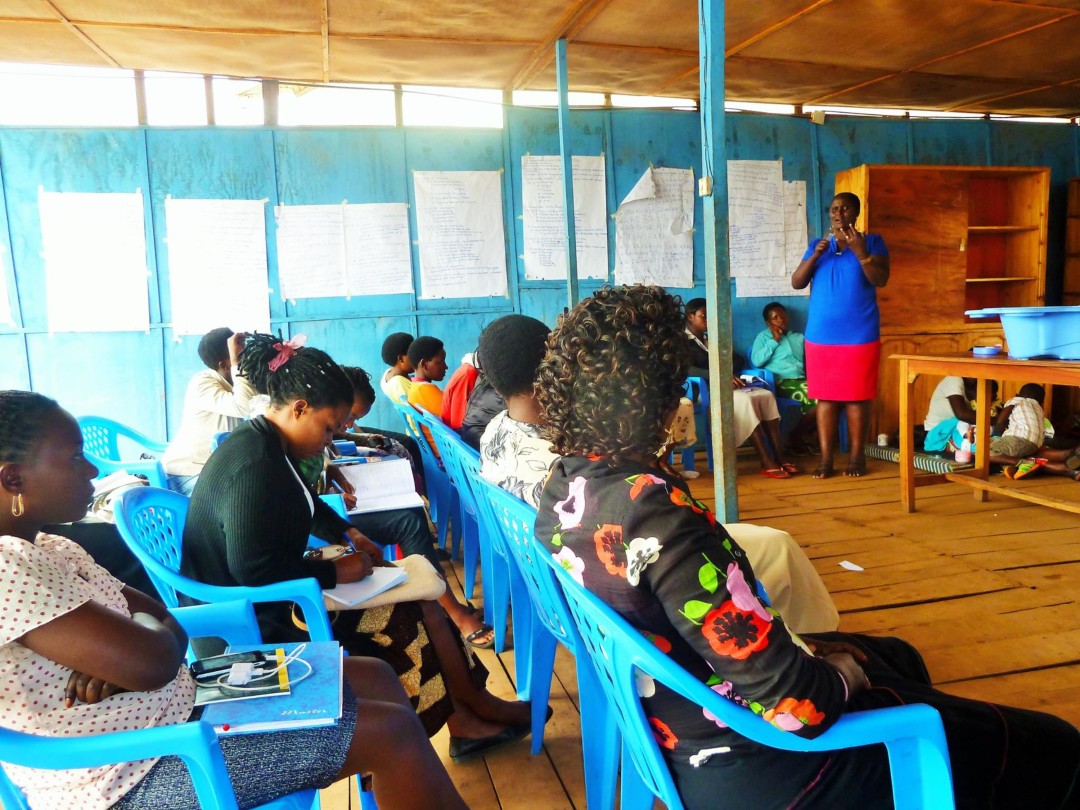
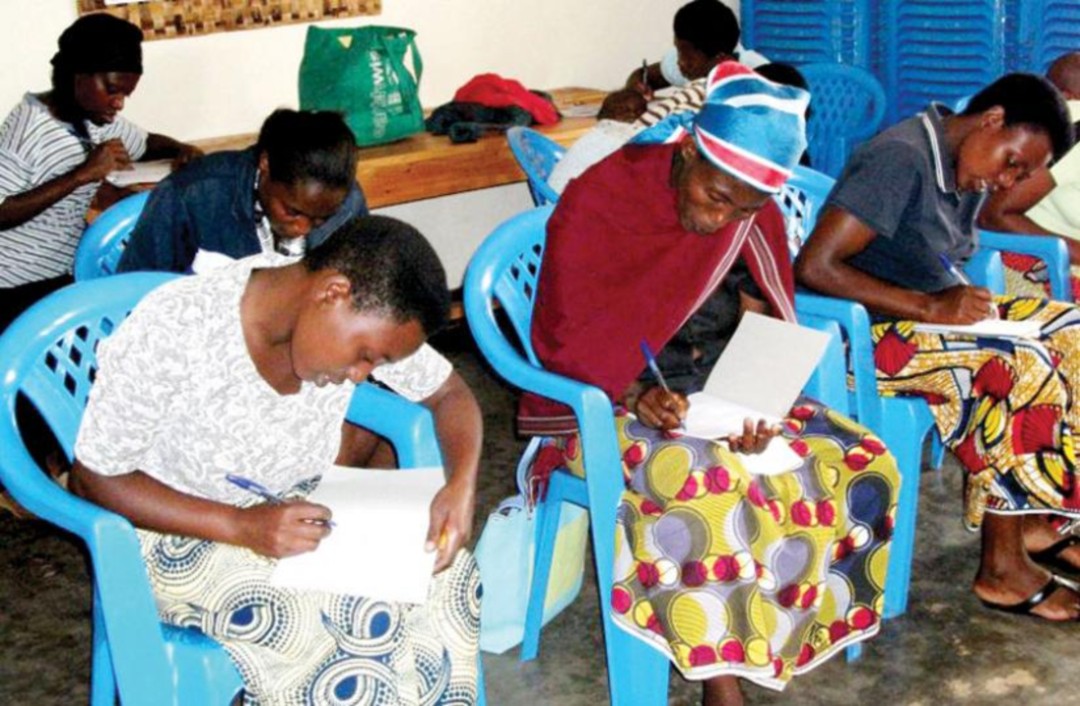
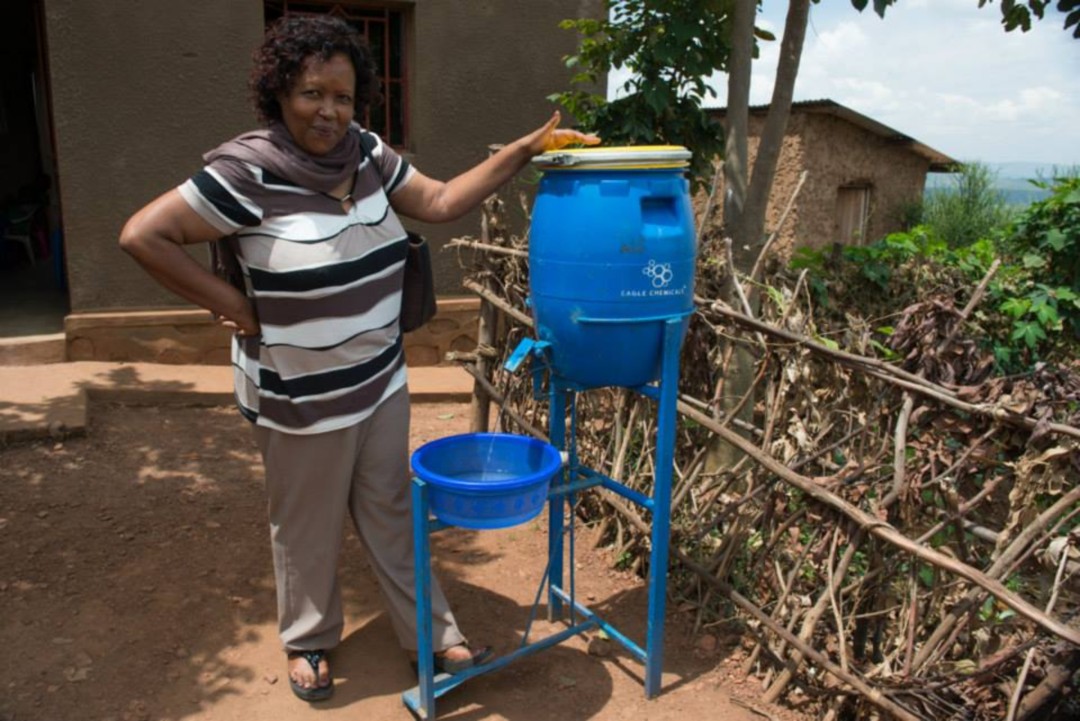
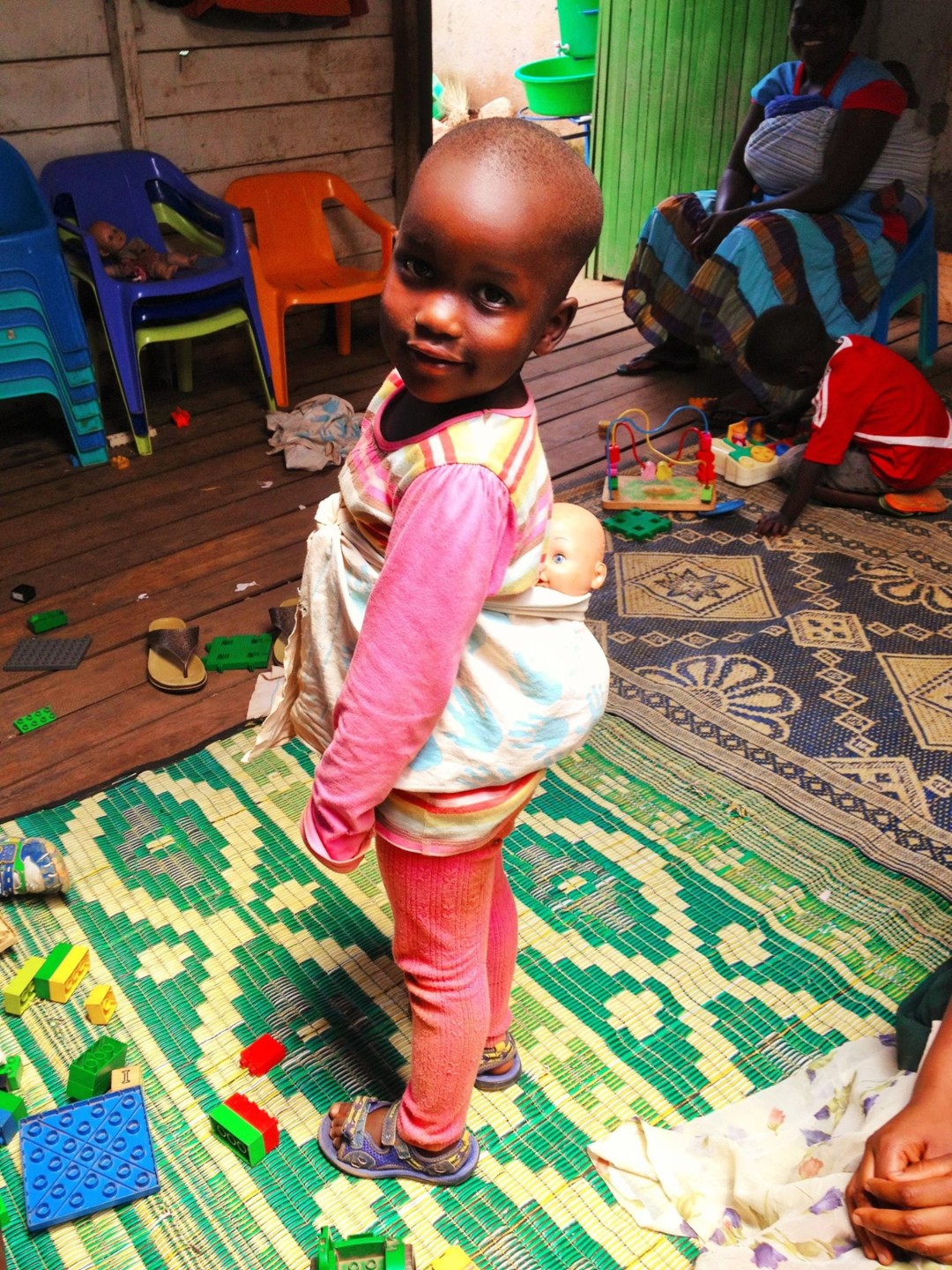
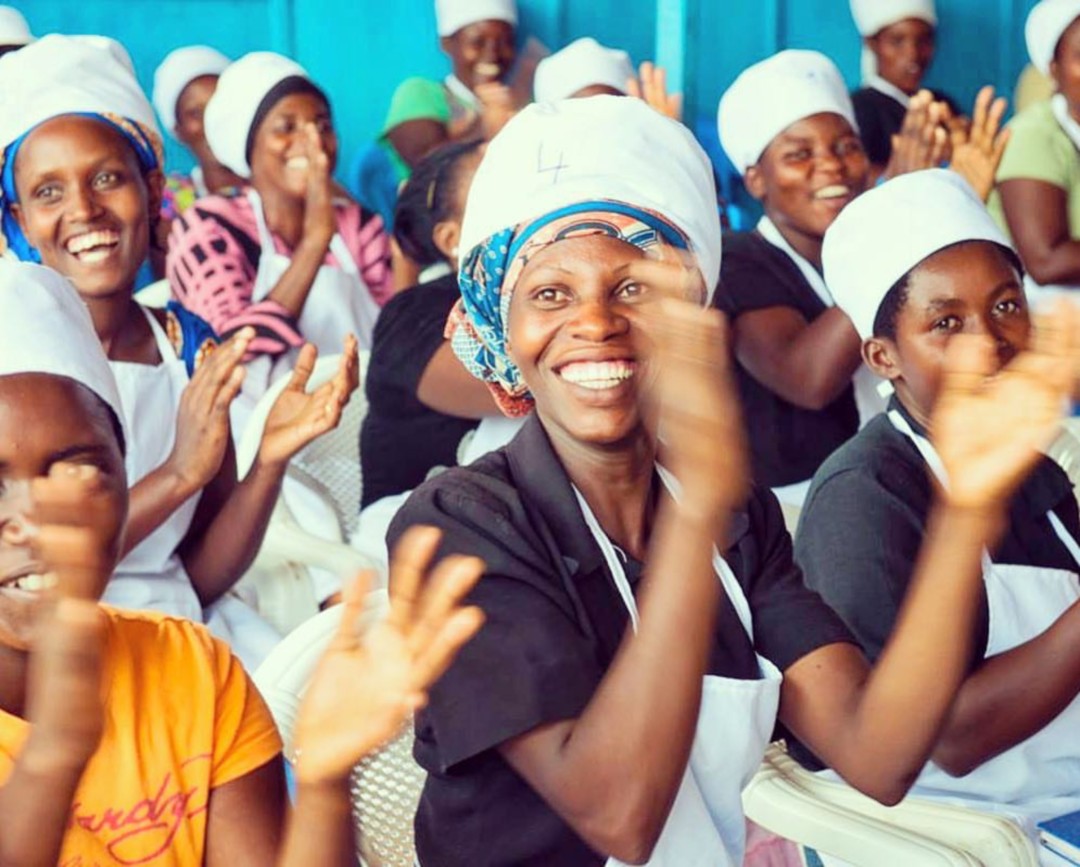
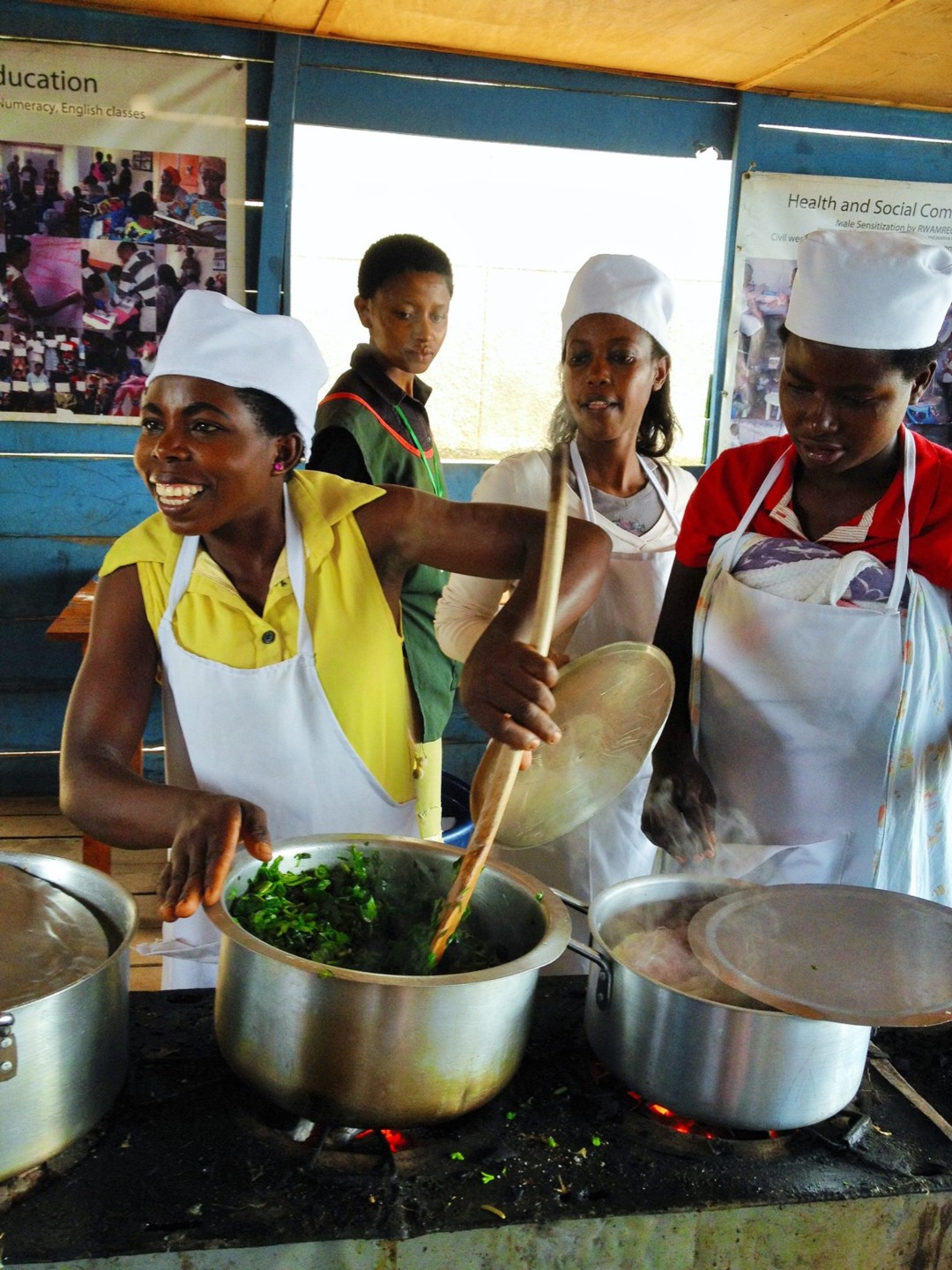
Rwanda
Population
12.2 million (2017)
Per Capita Income
USD 720/year (2017)
Poverty rate *
39% ( 2014)
Literacy rate
68%(2016)
Human Development Index
158th out of 189 countries (2018)
Rwanda has achieved impressive development progress, since the 1994 genocide and civil war. The percentage of people living under the poverty line has dropped from 57% in 2006 to reach 39% in 2014. There has been a two thirds drop in child mortality and near-universal primary school enrolment has been achieved. However, the HIV/AIDS epidemic still dominates Rwanda’s health profile, despite a decline in prevalence of diseases such as tetanus and malaria. Although rates of chronic malnutrition among children under five have improved and are down from 43% in 2012 to 37%, they remain high. Households headed by women or orphans make up 36% of the population.
Sources: World Food Program, UNICEF, World Bank, 2016 Human Development Report, Human Development Indices and Indicators (2018 Statistical Update)
*The percentage of the population living below the national poverty line.